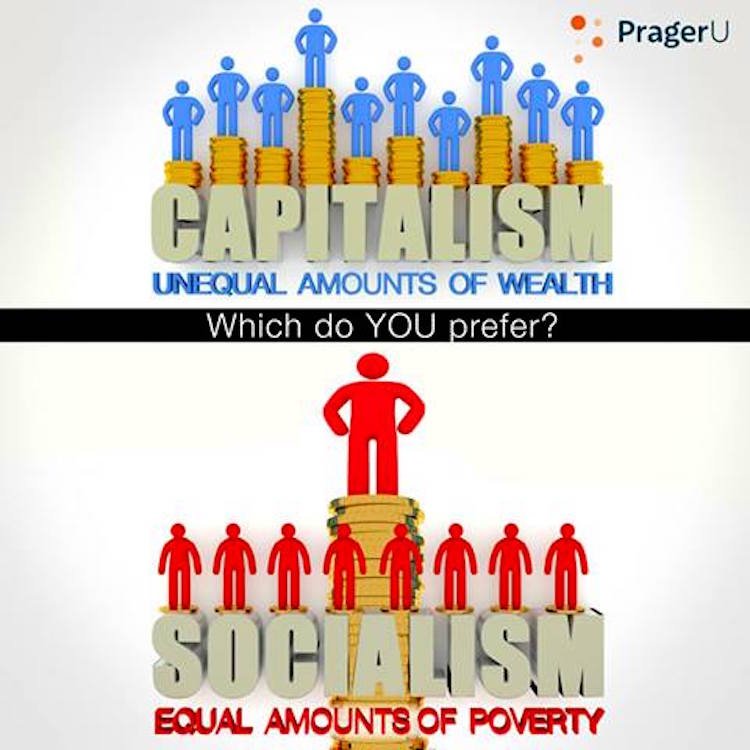Wealth and Poverty
Capitalism rewards the most sympathetic entrepreneurs. Is this true?
I will present two ideas in regards to the above statement and I am going to claim that though they may seem opposite in nature, both ideas can be true.
-Entrepreneurs can become successful by being selfish.
-Entrepreneurs can become successful by being selfless.
Specifically in regards to sales, I can make this comparison the easiest. I believe the best definition for sales is this: finding a need and filling it. A salesperson, in order to to fill the need and make a sale, must know the needs of his or his audience. They must be sympathetic to the wants and needs of people in order to conduct business effectively. If sympathy is the act of suffering together, it does not require that the individuals suffer over the same things. The customer may be suffering because they do not have a particular good or service while the salesperson is suffering by not making money from not selling anything. Essentially, both parties are suffering and can enter into business with one another to simultaneously ease that suffering. At this exact time, both the seller and the customer are selfish to achieve their own needs and yet must both think selflessly in order for the transaction to work. The salesperson is much less likely to make a sale if he or she does not come across as genuine in wanting to help the customer. People love to buy, but they hate to be sold.
The Returns of Giving
Voluntary exchange has seen theorized to be necessary for the creation of substantial wealth in a society. This type of free market exchange is based on the idea that goods will move from someone who desires them less to someone who desires them more. Logically, this does make sense because people will naturally expand in wealth once they find the resources they want compared to the resources they have that others want.
Sometimes it just takes longer to find out what those needs and wants are. As Dr Trost mentioned in a video about the “Foundational Underpinnings of Capitalism” he referenced a quote from Steve Jobs. Mr Jobs said that his “job is to figure out what [customers] are going to want before they do.” I believe this is where capitalism branches out from strictly economics into sales and psychology. Without efforts being put in to understand an audience, there is no benefit to having a great product or service. People do not care what you know until they know that you care.
From Past to Present
Within the tribal societies that are talked about in the third chapter of Wealth and Poverty it is likely to assume that both tribes involved in the gift giving and receiving process had the same basic needs. Until someone is able to identify and produce a gift that meets an unknown desire, profitable trading cannot bring about noticeable wealth to the tribe or family. In my eyes, the expected progression may look like this:
Two entities will trade based on needs.
After meeting those initial needs, one of those entities will give something that the other entity wants.
That “want” will increase profits because surplus will allow other resources to be allotted to trading for that “want.”
That “want” will eventually become a “need.” “Needs” are not as profitable in trading because it no longer possesses a novelty factor.
Entrepreneurs must innovate in order to create a “want” that customers do not know they will want.
The reason that #5 is what catalyzes the growth of wealth in a nation is because the longer a product/service can stay a “want” in the eyes of the consumer or maintain a novelty factor, the longer that product/service can yield high margins of profit for a person or business. This is how a capitalist is born. It requires a widened perspective and genuine care for the recipient. That is why George Gilder says that “capitalism begins with giving.” To use slang, they have to give a crap!
The extension to this idea is what Adam Smith famously described as the Invisible Hand. When the market enlarges, the division of labor increases and more specialization can occur. When acting out of self interest, individuals can specialize in the creation of a product and give it a set price. The invisible hand controls the economy by being in control of the prices of goods and services which results in the idea supply and demand for any product.
Adam Smith goes on to say that the giving will illicit competition based on who can give the best gift. The term "best" would describe something of the highest quality for the lowest price. This also changes based on who is receiving the gift because "value is in the eye of the beholder." It takes a risk to create the supply of this "best" gift. There is usually no guarantee on the return of the gifts, but that is how entrepreneurs can end up so successful. With high risks comes higher rewards.

Congratulations @ae01! You have completed the following achievement on the Hive blockchain And have been rewarded with New badge(s)
Your next target is to reach 20 posts.
You can view your badges on your board and compare yourself to others in the Ranking
If you no longer want to receive notifications, reply to this comment with the word
STOPTo support your work, I also upvoted your post!
Check out our last posts:
Support the HiveBuzz project. Vote for our proposal!